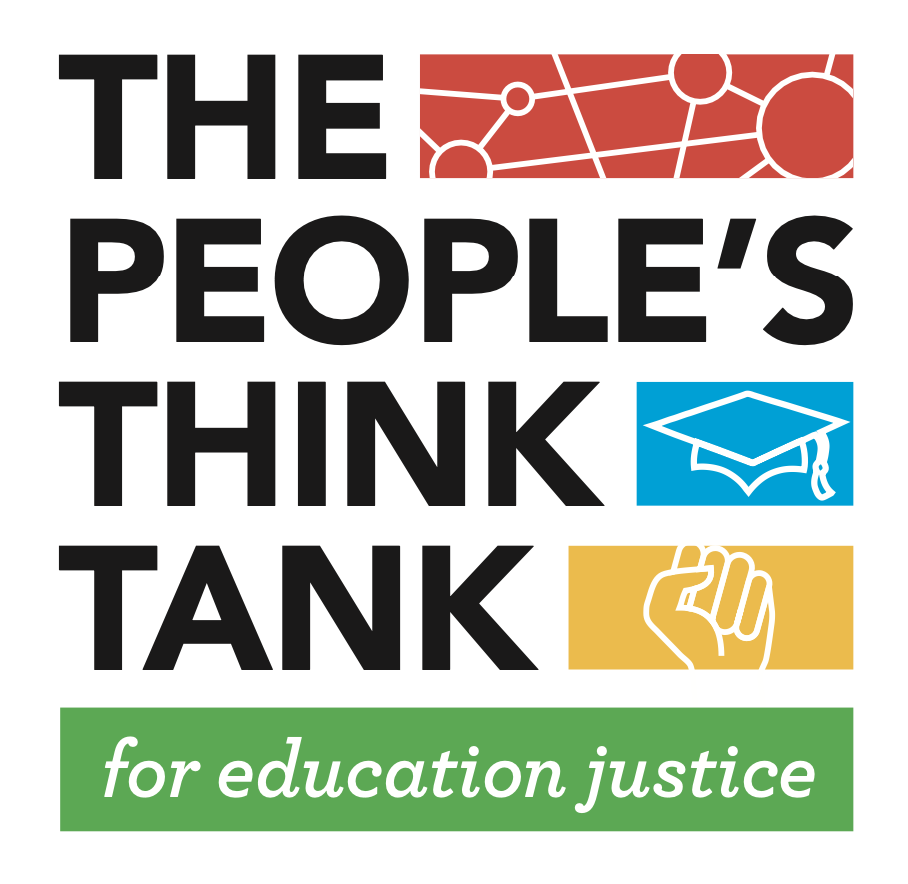- Model Campus Safe Zones Resolution Language (K-12) Colleges/Universities Version here
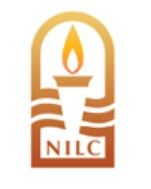
“The Model Campus Safe Zones Resolution was developed for K-12 school districts that are contemplating adopting protections for their immigrant students. The model resolution provides sample language for these issues. We encourage you to use this language as a template and to adopt as many pieces to fit the needs of your school district.”
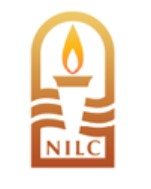
“This practice advisory examines the core sources of legal authority for such policies and demonstrates how schools have used these fonts of authority to craft and pass resolutions to support their students.”
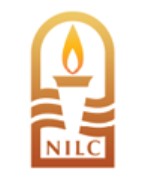
This report was written response to the federal government’s request for comment on the non-discriminatory administration of school discipline. It provides policy and legal information on the school-to-prison-to-deportation pipeline.
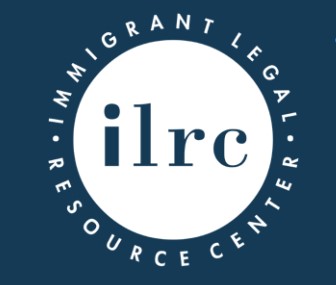
“The school to prison to deportation pipeline is often overlooked in efforts to keep students safe. As schools work to keep ICE off campus, they should also review their disciplinary polices to ensure schools are not, at the same time, sending students to ICE.” The above document provides information to help schools and organizations in that process.

“With data lacking on this trend, the authors embarked on a national survey of immigration attorneys to quantify the perceived rise in gang allegations against immigrants. This report details those findings with the goal of informing immigration attorneys across the country as they defend their clients against the often-baseless nature of these allegations. In addition, the report shares emerging best practices to fight against unfounded gang allegations, as well as to mitigate the impact of prior gang involvement.”
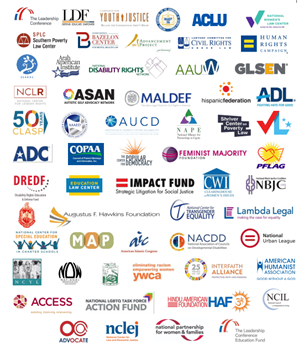
“Several goals are included throughout school climate work and run through each of the principles outlined below. We believe each priority should be fully funded, provided with adequate resources to be effective, and targeted at the schools and students that need them the most. Additionally, all school staff need to receive evidence-based, culturally responsive training and other professional development to be able to implement any programs or policies put in place to improve school climate and ensure equitable educational opportunities for all students. All legislation should include sufficient oversight and enforcement to ensure compliance.”
